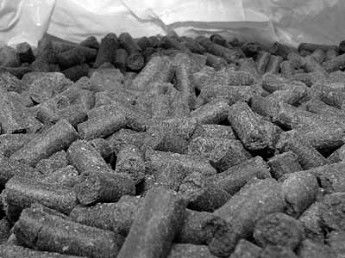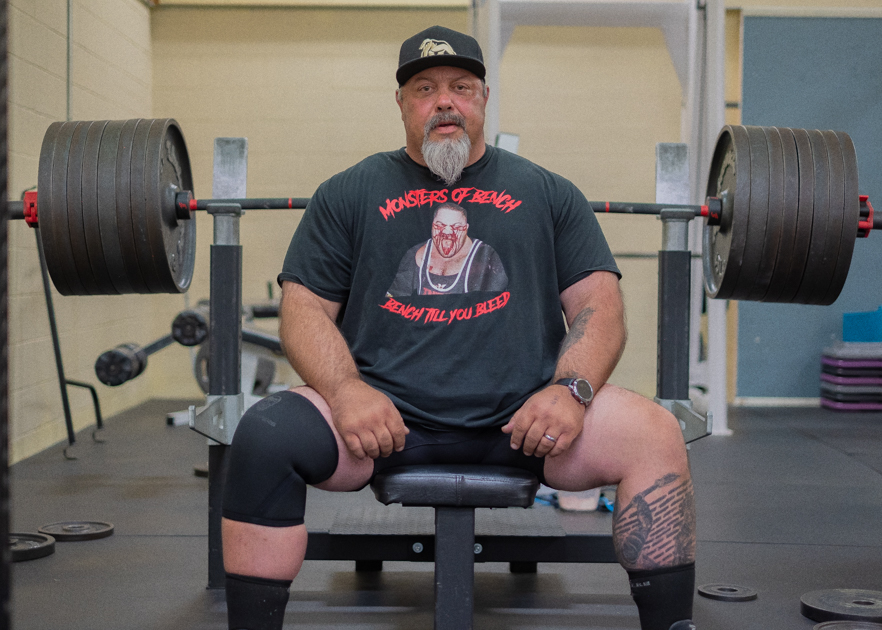Canola pellets a viable supplement
Published 1:54 pm Tuesday, August 11, 2009

- Canola pellets produced by Madison Farms. <br><I> Photo by Lee Farren
For many years Madison Farms in Echo grew canola as a rotation crop to break the weed and disease cycle of back-to-back wheat. It never made money on the canola, even though it sold the seed on the Canadian market for edible canola oil production.
Then along came biodiesel, made from vegetable oils, and the Madisons found a new market. In 2006 they set up a canola crushing operation to produce the oil, which they now sell to a biodiesel manufacturer. They also found themselves with two new byproducts – canola gum and canola meal.
The gum, mostly oil, was easy to sell as a feed supplement. That left tons of canola meal to dispose of.
“We fill up a 25-ton trailer about once a week. We needed a use for it and cattle feed was the most obvious choice around here,” said Aaron Madison, whose family owns and operates Madison Farms.
They started by selling bulk meal directly to feedlots and dairies. Then in 2008 the Madisons purchased a pellet mill.
“We could sell the pellets for more than we could sell bulk meal, adding minerals and packing it into one-ton tote bags. We tried to develop a complete feed package that would compete with high protein hay, that would be more convenient to feed and easier to store,” Madison said.
During the winter of 2008-2009, Wilson Cattle Company purchased 15 tons of canola pellets. Ranch manager Tom Pierce fed the pellets to cattle on cornstalk circles at three pounds a day per animal, along with 10 pounds of alfalfa per animal per day as filler.
“It was considerably cheaper than alfalfa hay at the time. The feed value of a pound of canola pellets was worth about three and half pounds of hay,” Pierce said.
After a few days of feeding the pellets with a bucket and a shovel, Pierce bought a feeder that augured the pellets out from the back of a truck. His concern that the cattle would tramp the pellets into the ground soon vanished.
“Driving down feeding I’d look in my mirror and the cows were standing head to head down the road as though there was a feed bunk. The animals liked it, they ate it and there wasn’t any waste,” Pierce said.
One person could handle the pellet feeding and the added supplement assured that each animal received an adequate amount of minerals.
“It was very simple and the feed value is very good,” Pierce said.
Livestock nutritionist Mike Mehren describes canola meal as an alternative to soybean or cottonseed meal.
“It is high in protein and energy and serves as an excellent supplement to grass seed straw, grain straw and meadow hay. It provides the nutrients those feeds are missing,” Mehren wrote in an email.
Now that the bugs are worked out of the system, Madison hopes to sell more canola pellets. He has added storage space and estimated he could produce up to 25 tons of pellets a week.
“We have the byproducts and we can process it here. We look at it as a way to add value to the commodities we produce on the farm,” Madison said.
Madison Farms can be reached at www.madisonfarms.com, by phone at 541-376-8107 or by email at kmadison@eoni.com.





